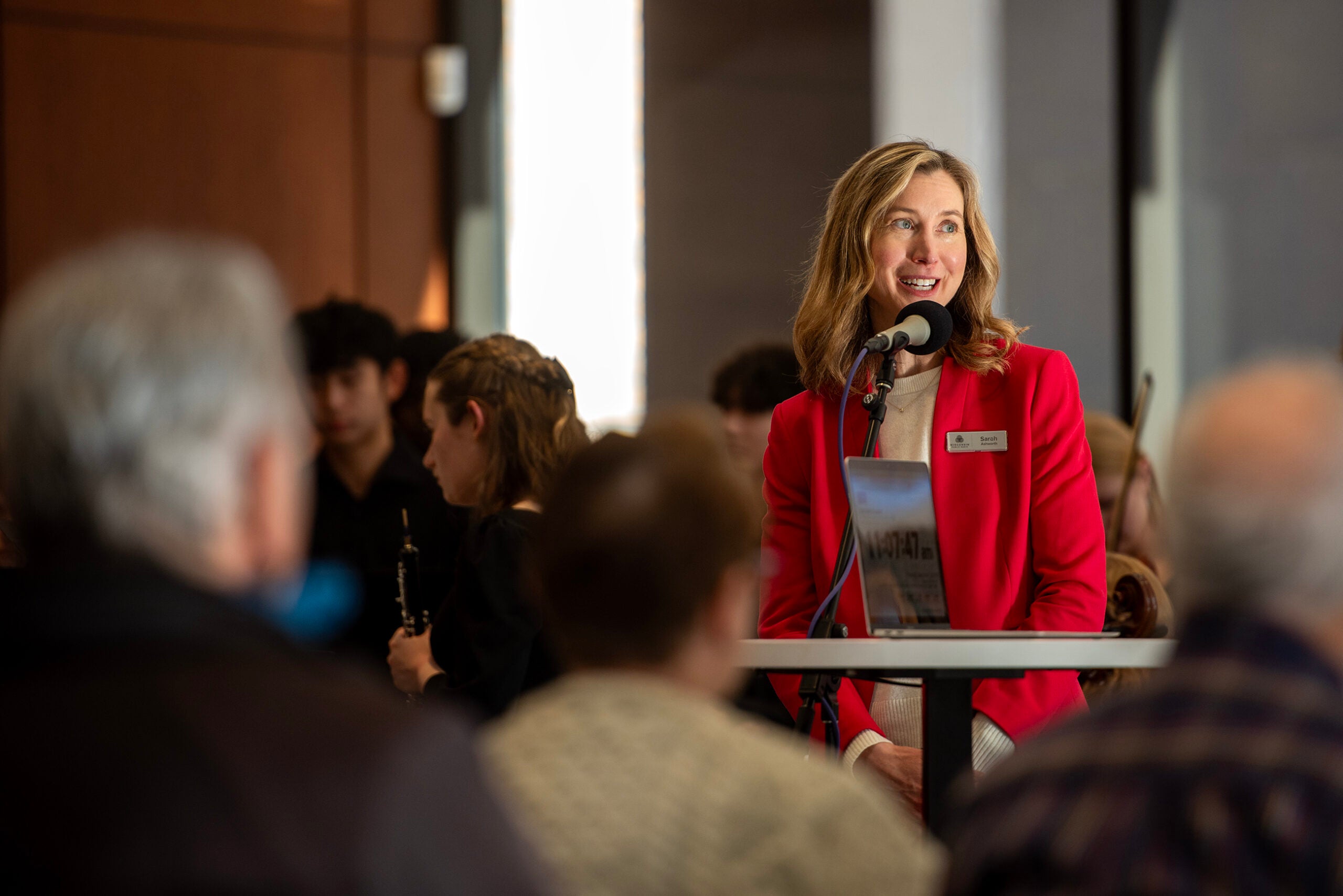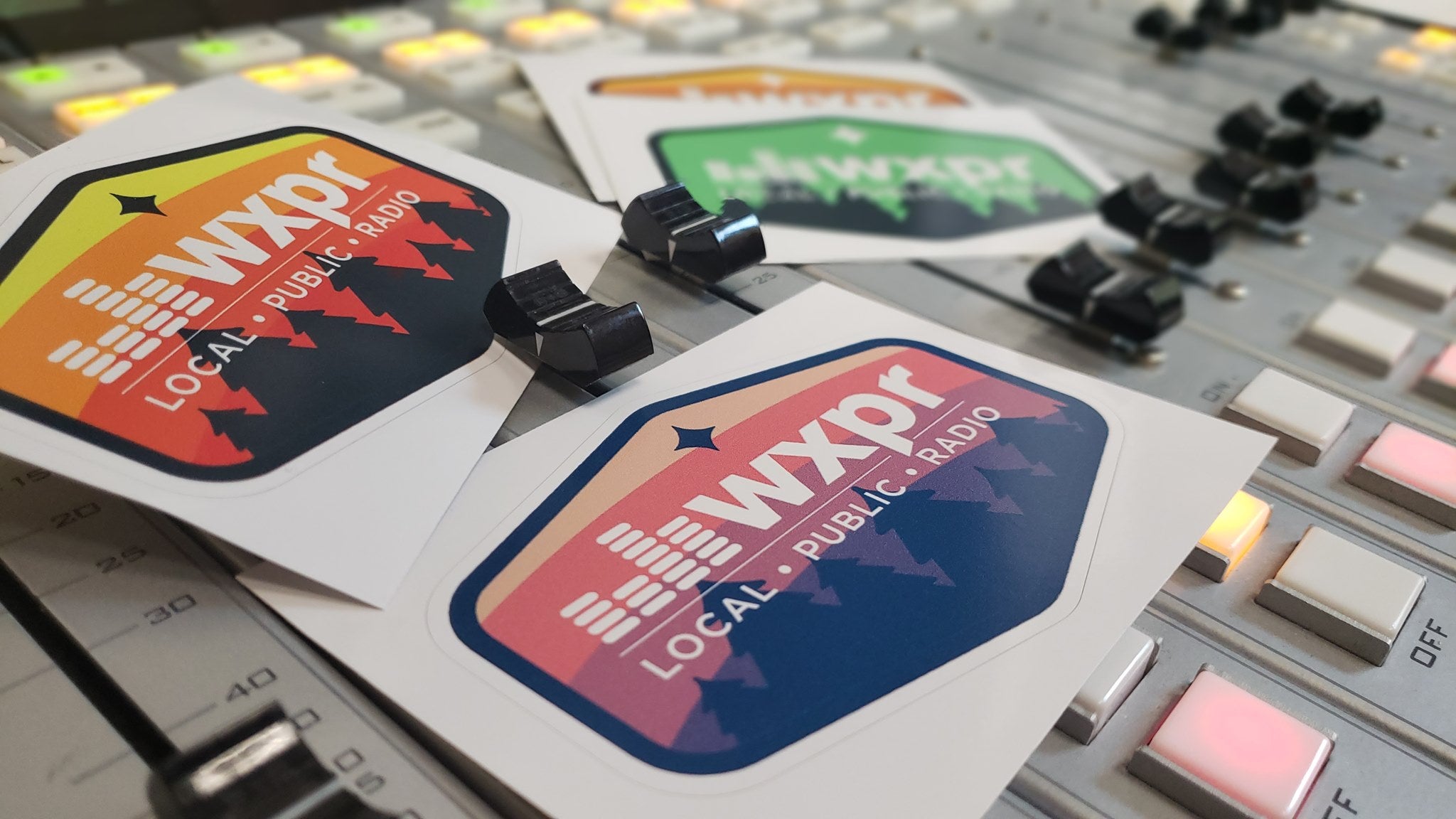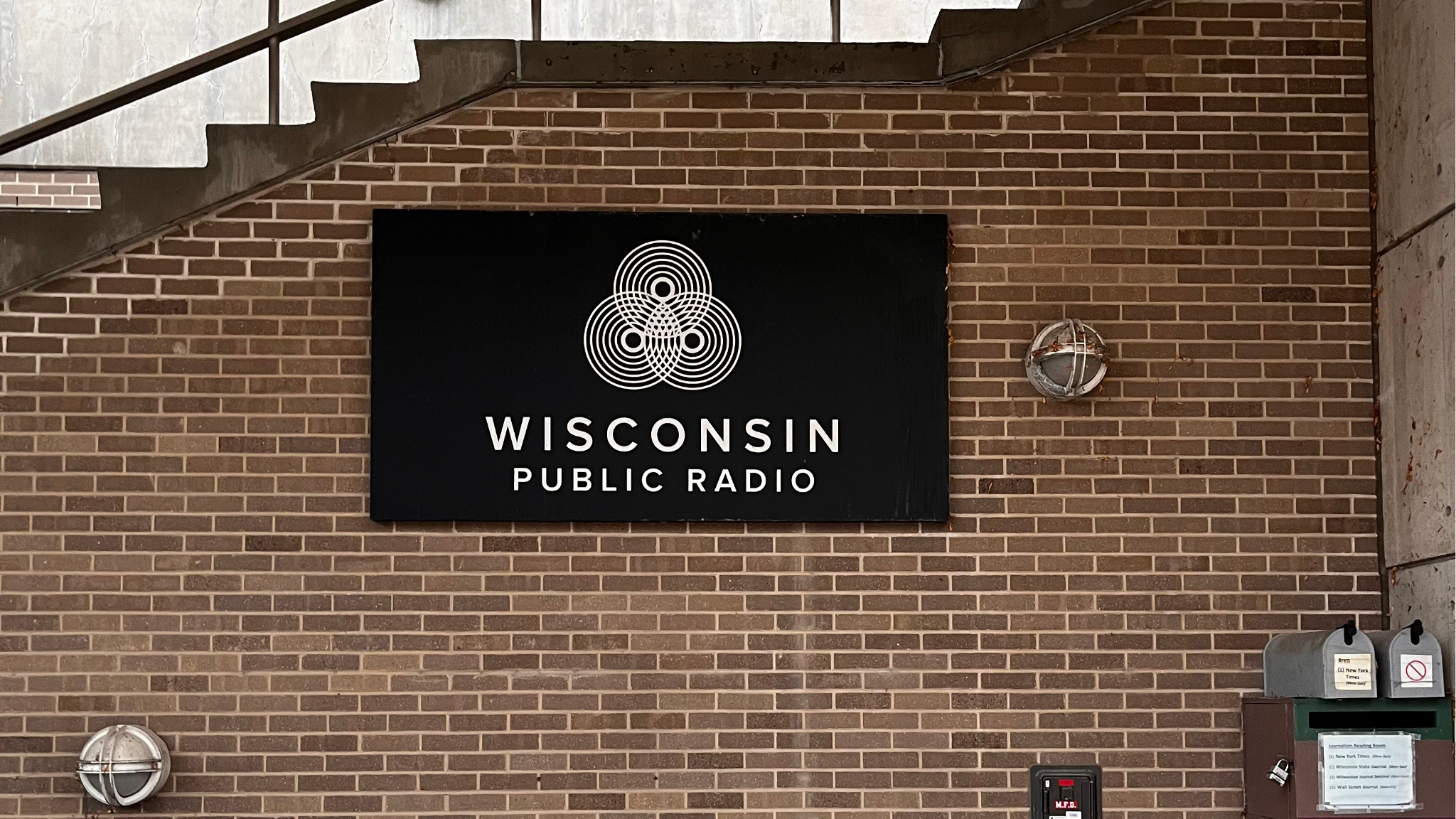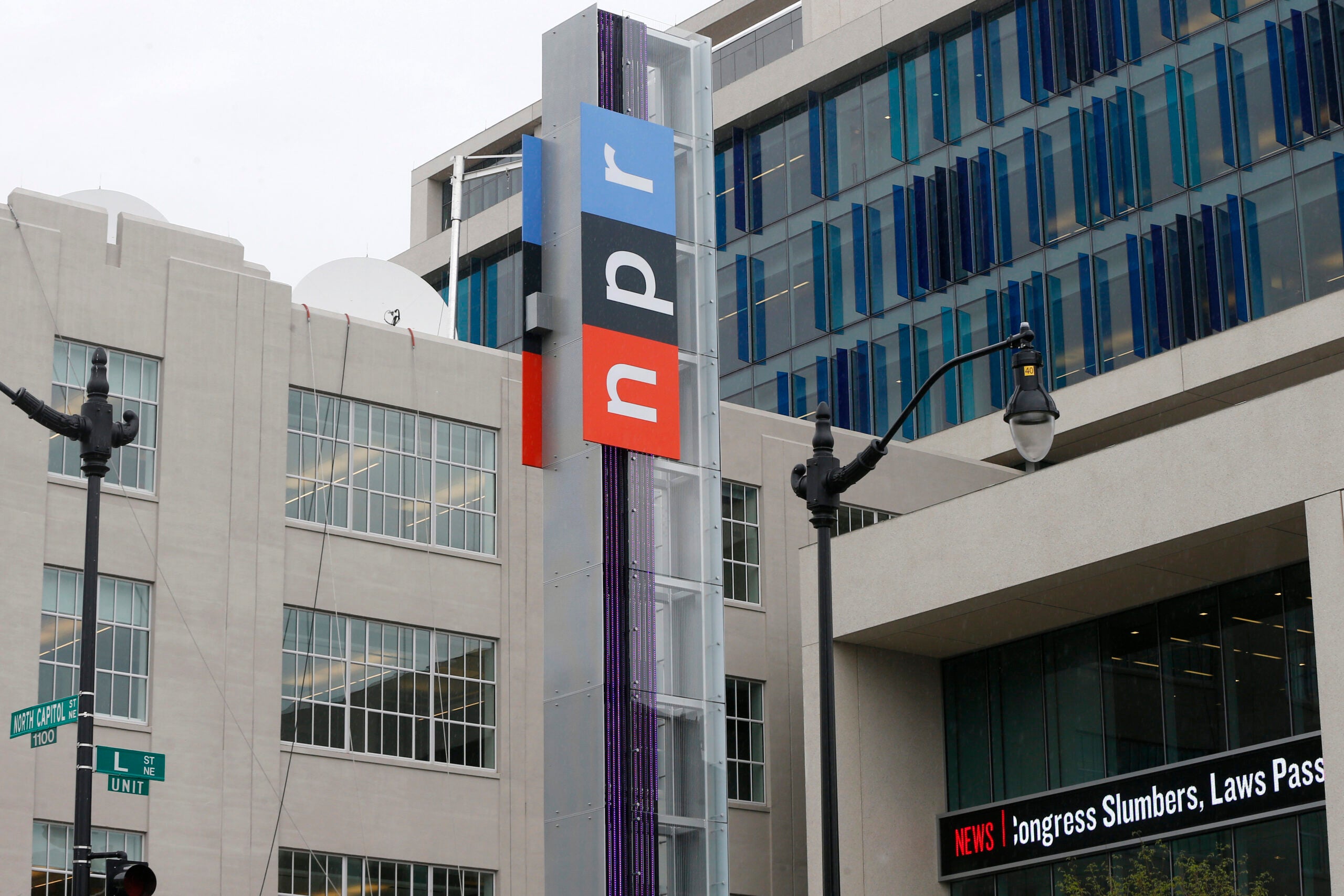Governor Scott Walker might be preparing for a presidential run, and we look at how the state budget could influence his campaign. We also learn about some Milwaukee super heroes, and speak with the leaders of Wisconsin public broadcasting about proposed budget cuts.
Featured in this Show
-
Wisconsin Public Broadcasting Leaders Warn About Possible Funding Cuts
Gov. Scott Walker proposed significant funding cuts to Wisconsin public broadcasting in his budget plan last week, but leaders of the two organizations that operate Wisconsin Public Radio and Wisconsin Public Television warn of the ramifications of the reduction if it is passed into law.
The cuts, which are likely to exceed $3 million a year for the next two years, are directed at the Educational Communications Board and the University of Wisconsin–Extension.
If the Legislature approves the governor’s plan, WPT and WPR, as they are known today, will change — with local programs being the most likely to go, officials said.
“What’s at stake is the future of Wisconsin Public Radio and Wisconsin Public Television as it exists now. We’re not going to go away, but if the cuts go through as they are, we can’t help but change in some fashion,” said Gene Purcell, executive director of the Educational Communications Board.
Malcolm Brett, director of Broadcasting and Media Innovations at the UW-Extension, said that local, Wisconsin-focused programs would most likely be affected since national programs are purchased in bulk and local programs receive the most resources .
The size of the cut to the television and radio networks isn’t yet definitively known, but Brett estimated that it is likely to be more than $3 million a year, or just under 10 percent of the annual budget for WPR and WPT. That figure includes a $2.5 million per year cut to the ECB and an unknown cut to the UW-Extension that will be part of the proposed $300 million cut to the UW System.
Public broadcasting in Wisconsin and throughout the country faced funding cuts during the Great Recession. Nationally, according to the Corporation for Public Broadcasting, state governments cut approximately $202 million from public broadcasting between 2008 and 2012. Walker’s proposed cut, however, is much larger than previous cuts in Wisconsin and comes at a time, post-recession, when some other states are increasing public media funding. Those states include Indiana and Florida, which are led by conservative governors.
“We have been cut for the last three or four or five or six biennia. It goes right on down the line,” said Purcell. “The cuts hurt, they are painful and we have dealt with them. A 34 percent cut to our tax support is not within that same realm, in my estimation, of being fair.”
On the flip side, some state lawmakers and governors have moved to defund public media in its entirety. The New Jersey Network, a statewide network of public television and radio in that state, lost all of its state funding under Gov. Chris Christie administration and closed its doors in 2011. Kansas public broadcasting saw its state funding fall from $3.8 million in 2008 to $600,000 in 2014, after Gov. Sam Brownback proposed eliminating all of it.
The reason for the cuts in Wisconsin, according to the Walker administration, is the prioritization of other state expenditures and the ability of WPR and WPT to raise revenue through private donations. Assembly Speaker Robin Vos’s spokeswoman also told the Wisconsin State Journal that the speaker doesn’t believe the government should subsidize one media outlet over another given all of the outlets available.
Purcell said that without the public funding model, the quality of arts, culture and history coverage risks being diminished. As an example, he pointed to commercial television channels Bravo, A&E and the History Channel, which, at their inception, said they could cover arts and culture better than public television.
“Let’s look at the business models of those stations today,” said Purcell. “You’re going to see ‘Pawn Stars,’ you’re gonna see ‘Housewives of Orange County,’ you’re going to see channels that have realized that the business model that they were trying to work on doesn’t work and so they have shifted their programming dramatically, leaving public television as the place for art, for culture, for history. And you can make a very similar argument on the public radio side in terms of journalism.”
When Republican administrations have proposed cutting funding to public media in the past, critics have pointed to public media’s characterization of having a liberal bias as the reason. According to Brett, that isn’t the case in Wisconsin.
“I don’t see or hear a liberal bias on public broadcasting in Wisconsin,” he said, “I don’t … think that ‘the public media being liberal’ applies here in Wisconsin or anywhere else in the country.”
In response to lawmakers’ suggestion that public broadcasting increase fundraising to make up for the cut, both Brett and Purcell responded that it wouldn’t be possible in the timeframe being considered.
For now, their sights are set on trying to avoid the cuts altogether, which is likely to be an uphill battle. Walker has Republican majorities in both the state Assembly and Senate and party leadership has so far backed his proposal to cut public broadcasting funding. Last week, Assembly Speaker Robin Vos said that he expects the cuts to be in the final draft of the budget.
“Last week, the budget was still new,” said Purcell, addressing Vos’ comments, “and we hope to have an opportunity to change his mind.”
Editor’s Note: Wisconsin Public Radio is a service of Educational Communications Board and the University of Wisconsin–Extension.
-
Wisconsin Public Broadcasting Leaders Discuss Proposed Funding Cuts
Governor Walker has proposed significant funding cuts to public broadcasting in Wisconsin. His two year budget would cut funding from the two organizations that operate Wisconsin Public Radio and Wisconsin Public Television – the UW-Extension and the Educational Communications Board.
-
Governor's Budget And The Presidential Race
What does Governor Walker’s budget look like through the lense of presidential campaign politics? A national political reporter looks at how the budget could affect a possible run for the White House.
Episode Credits
- Rob Ferrett Host
- Veronica Rueckert Host
- Galen Druke Producer
- Malcolm Brett Guest
- Gene Purcell Guest
- Leigh Ann Caldwell Guest
Wisconsin Public Radio, © Copyright 2025, Board of Regents of the University of Wisconsin System and Wisconsin Educational Communications Board.




